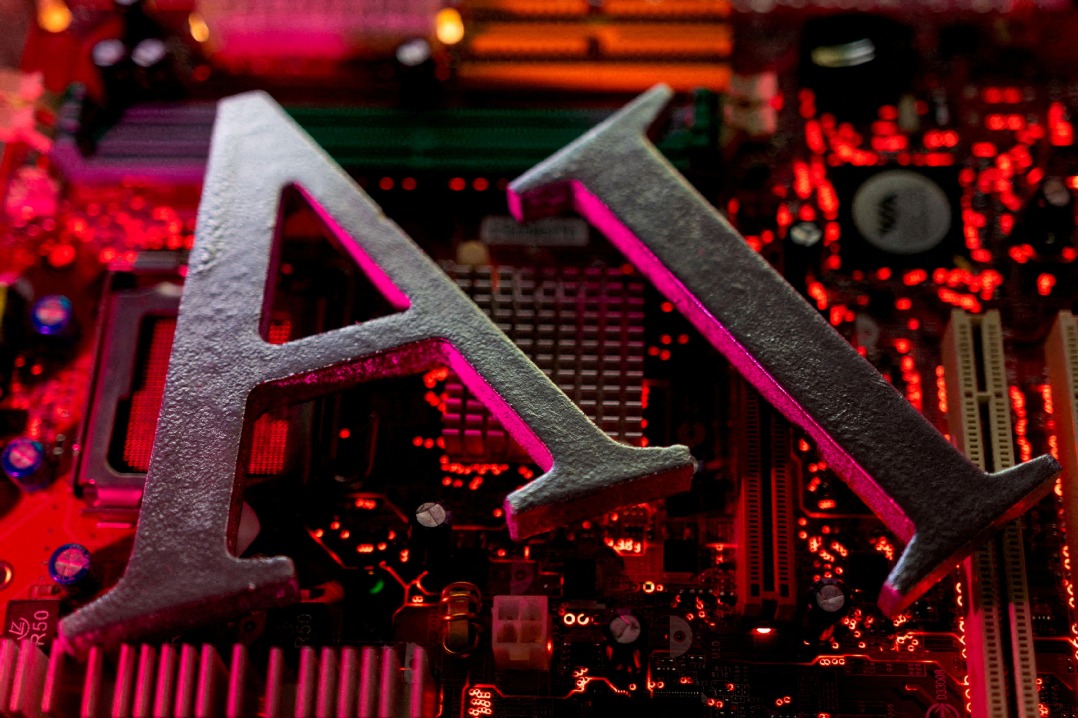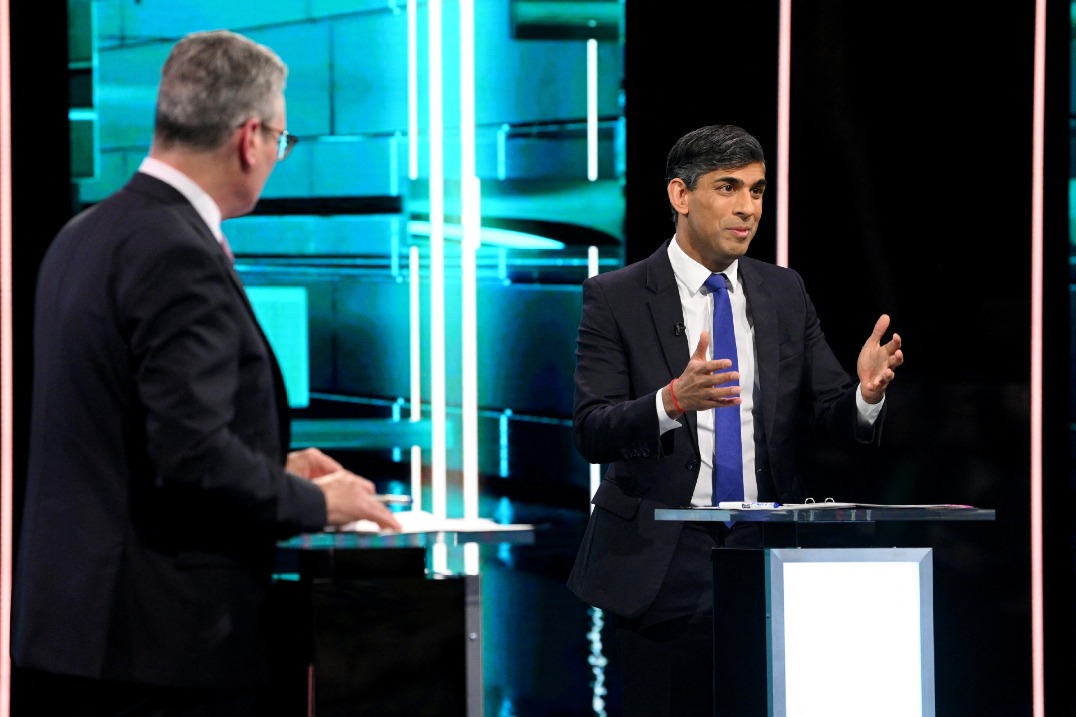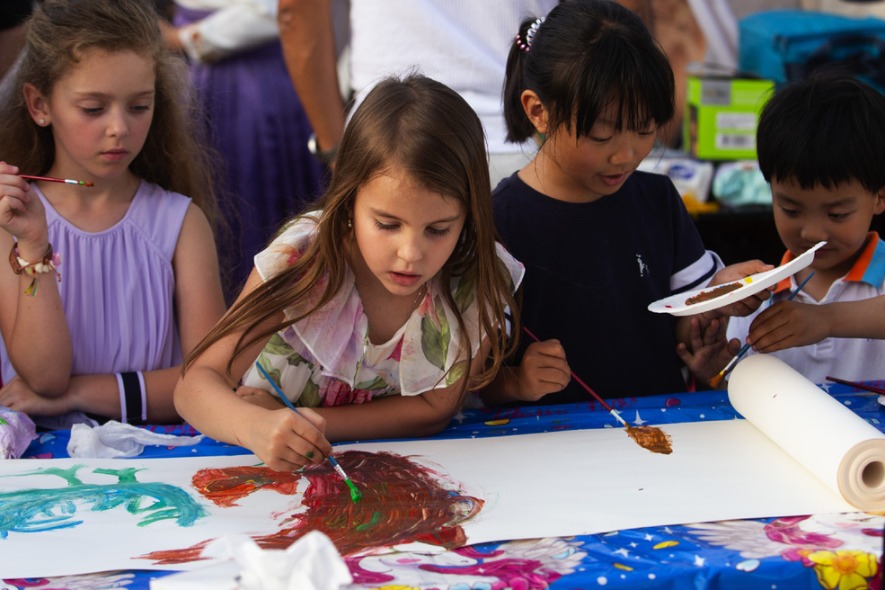AI could play role in easing loneliness and related risks

Relationships between humans and Artificial intelligence, or AI, are often depicted as dangerous and rife with ethical implications.
The concept of substituting a human for a robot companion might seem like a depressing symptom of isolated modern living, and community breakdown, but some scientists suggest that it is no different to having a pet or a child's doll.
People on the brink of social isolation could use AI technology to help hone their social skills for real-world interactions. Technology could also be used to prevent major depressive disorders and help stabilize patients enduring mental health crises.
Loneliness is not just a social state, it can also have a mental and physical impact. Some scientists estimate that for elderly isolated individuals, the harm it does is equivalent to smoking 15 cigarettes a day. Being lonely can often lead to deeper depression, and as self-esteem falls, it can discourage individuals from attempting social interaction, further diminishing their chances of recovery. AI could halt or even reverse this downward spiral.
Current basic chatbots are limited in the ability to address loneliness. While a minority of people use them, the lack of safeguards and regulation means they can become addictive. Additionally, their inability to respond in a sophisticated and personalized manner limits wider application. They also struggle to understand more than basic requests, often providing bizarre or irrelevant answers. Anyone who has dealt with customer service AI will appreciate this frustration.
Despite this, technology is improving and will soon be more 'human' than ever, so it is vital that when this happens, adequate safeguards are in place for it to genuinely help isolated people.
Protection must be built in to ensure chatbots do not exacerbate unhealthy behaviors and attitudes. Users may develop close bonds with AI helpers, making it crucial that user privacy is protected and secure.
The fear users will choose the instant gratification of AI interaction over a human bond is valid. To prevent addiction, AI companions must not merely provide on-demand positive affirmations. Human relationships require the building of trust to create familiarity. Programs copying this will be difficult to achieve but will provide a healthy tool to improve well-being.
Applications are not limited to just the lonely. Chatbots may have potential to help children with autism develop social skills. Programs with exercises that simulate eye contact and environmental noises can assist neurodivergent individuals in building social proficiency.
Good friends are essential for maintaining health, in good times and bad. They prevent feelings of isolation and loneliness and help avert addictive behaviors. Human beings are sociable creatures and need others in their lives to function naturally. Without companionship, physical and mental health suffer. Using AI to help a return to sociability and to numb the pain of isolation is a novel concept that does hold promise. However, fully replacing a human relationship with AI remains risky, and must be approached with caution.



































